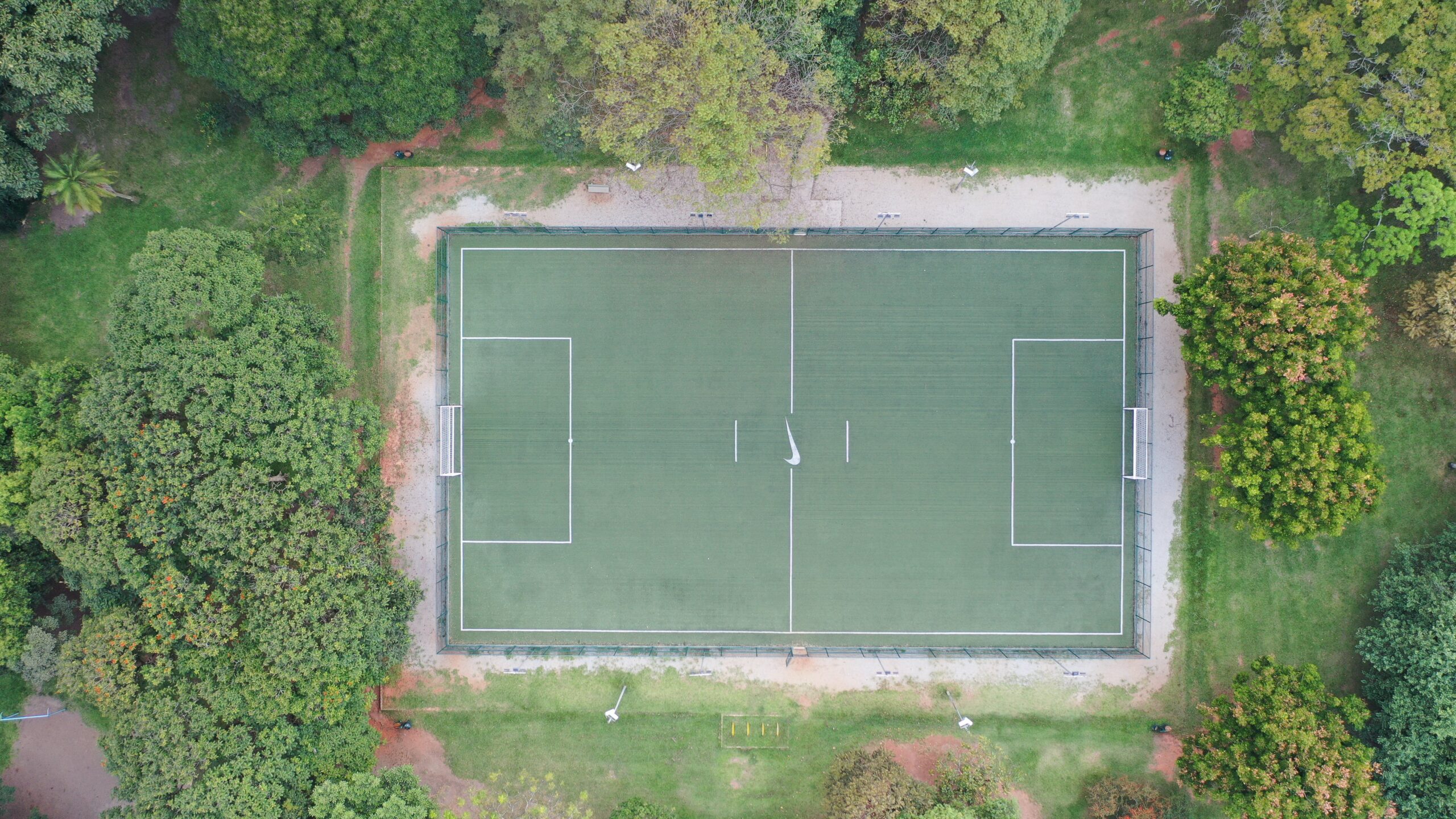Environmental assessments in sports covered by the second ACCESS webinar episode
Qualitative or quantitative, data or observation based, many environmental assessment approaches, tools and techniques exist out there – something that served as a perfect occasion to compare, discuss and understand their application in practice during the webinar.
To help with that, the webinar gathered speakers, both practitioners and academics who are standing behind some of the recently developed tools and methodologies or who have been successfully developing and improving the theory of environmental assessment and translating it into tangible and purposeful processes.
Data – collection, recording, monitoring and everything else that revolves around datasets and measurements can often be too advanced and out of reach for certain sport organisations. As an alternative, qualitative assessments based on observations and scenarios can be a viable alternative to data driven assessments. The Green Sports Hub’s recently developed Self-Assessment Tool allows sport organisations to understand and quantify their environmental performance based on current practices, processes and the way operations are conducted. Not only it quantifies the impact but the tool also gives recommendations and guidance for improving the score. Lucie Segalas who joined the webinar on behalf of the Green Sports Hub confirmed that tools like this allow even the amateur clubs who are run by volunteers to understand their impact to some extent. She added that the tool also includes a rich library of case studies and testimonials which allow the user to get inspired and motivated to do better.
Academics at Sant’Anna School of Advanced Studies, who have a long running record in environmental assessments looked at quantifying the environmental impact of sports. Although based on more cumbersome and detailed processes, carbon footprint and life cycle analysis are widely accepted as methodologies which would allow sport organisations not only to obtain a baseline value but also set up a monitoring system and observe improvements over the long run. While Federico Merlo covered the principles of carbon footprint, Matteo Donelli provided a thorough lecture on life cycle analysis and all its complexities, as well as advantages.
Finally, Alessio Novi contributed to the webinar with a case study from the World Mountain and Trail Running Championship 2023 where he was assessing the environmental impact of various processes and operations that were needed for a successful staging of the event.
The next webinar episode will cover the topic of green procurement and supply chains. It will take place on 15 January 2024. Plenty of time to register, so don’t hesitate to do so here.
Re-watch the webinar here:














